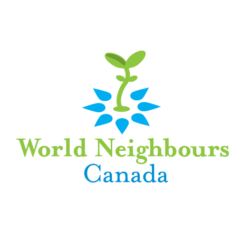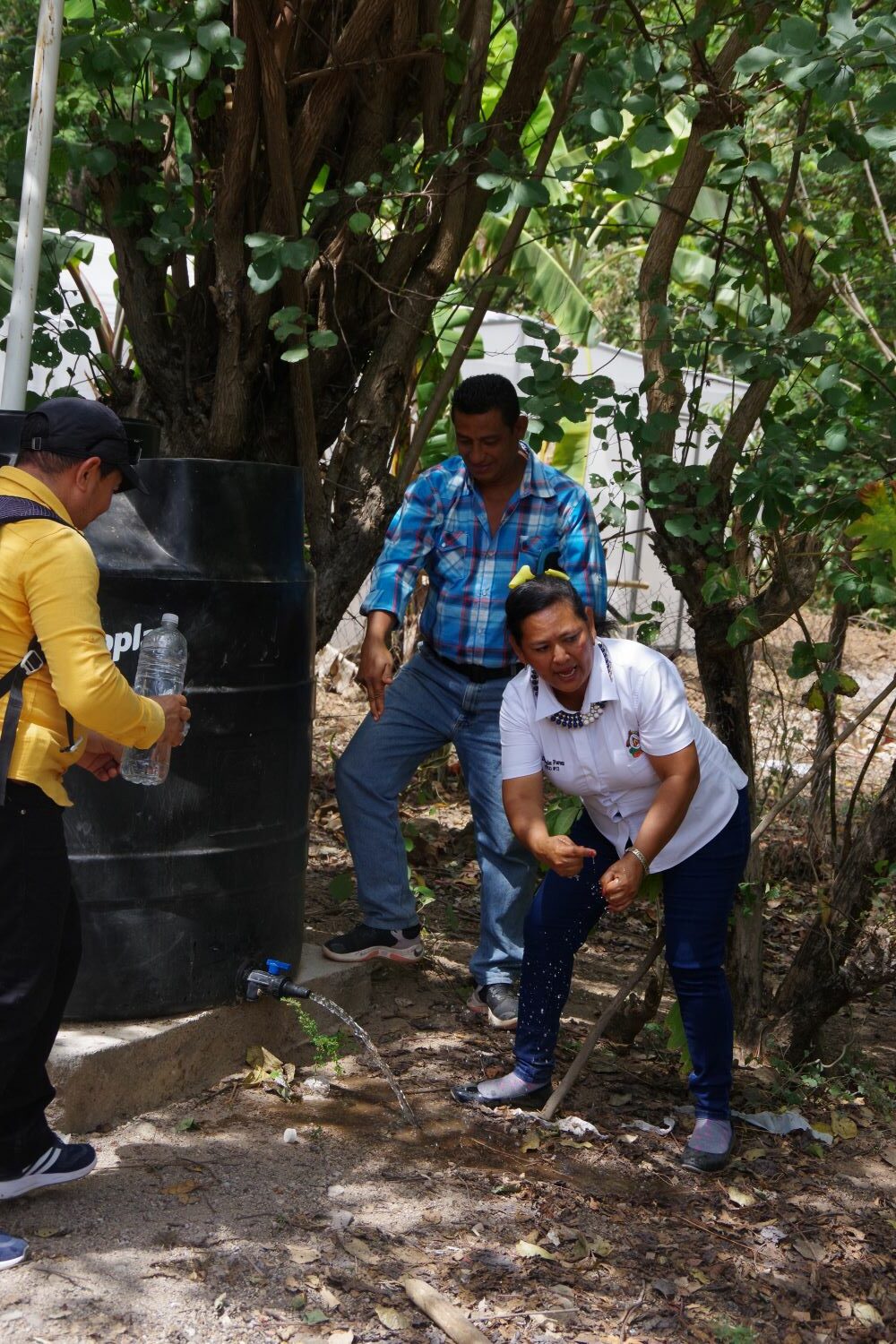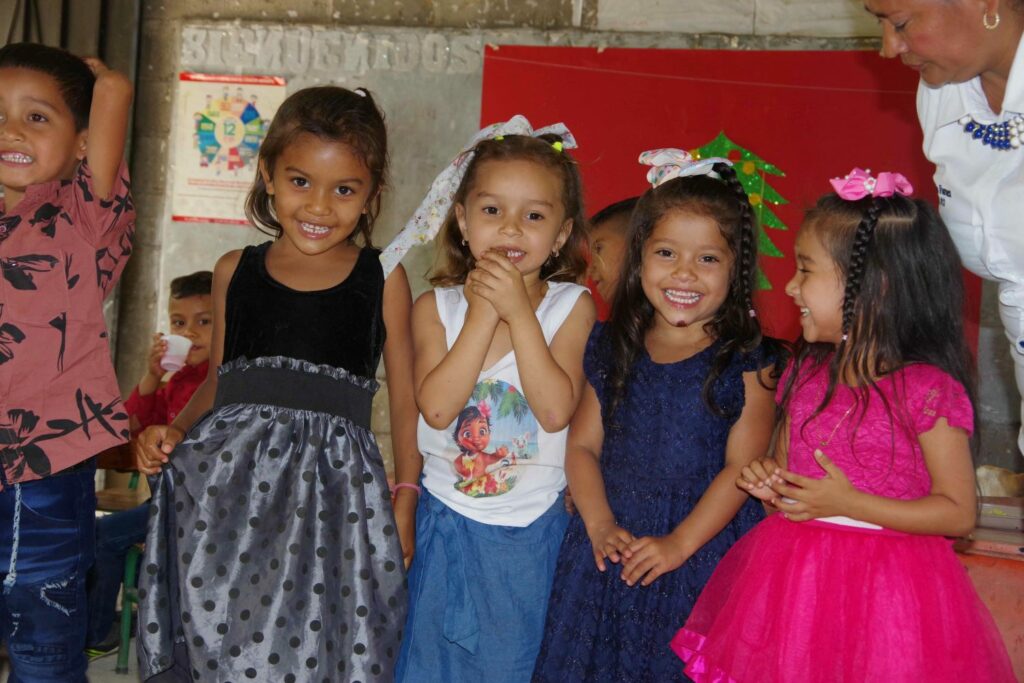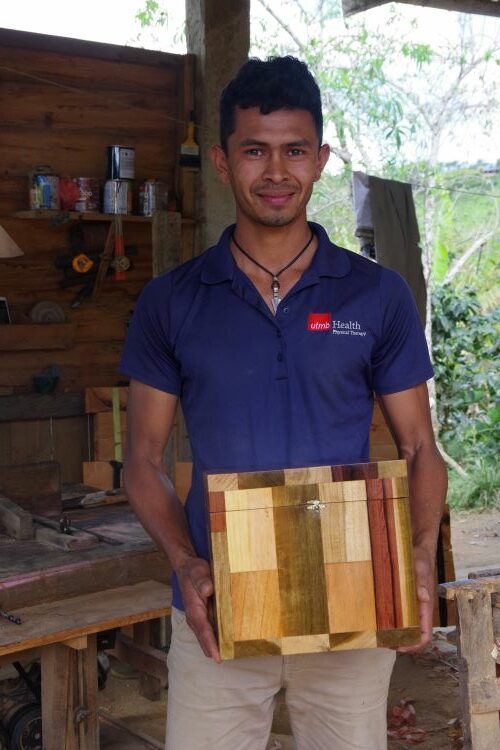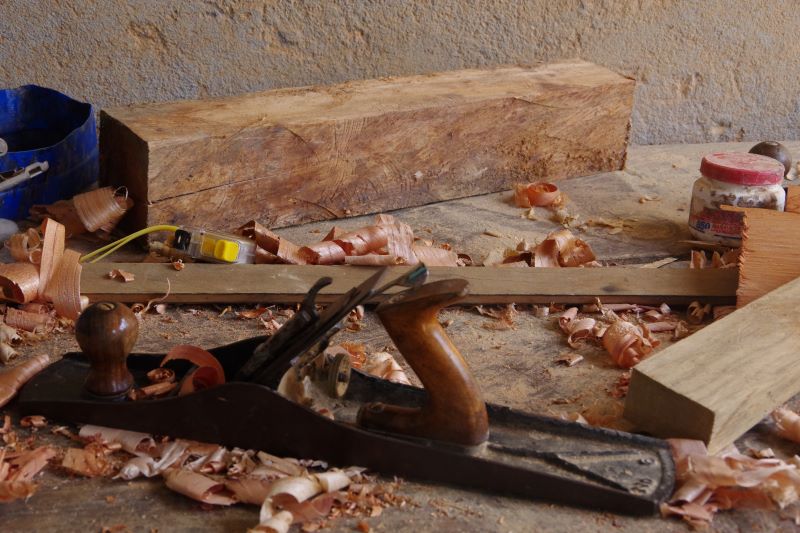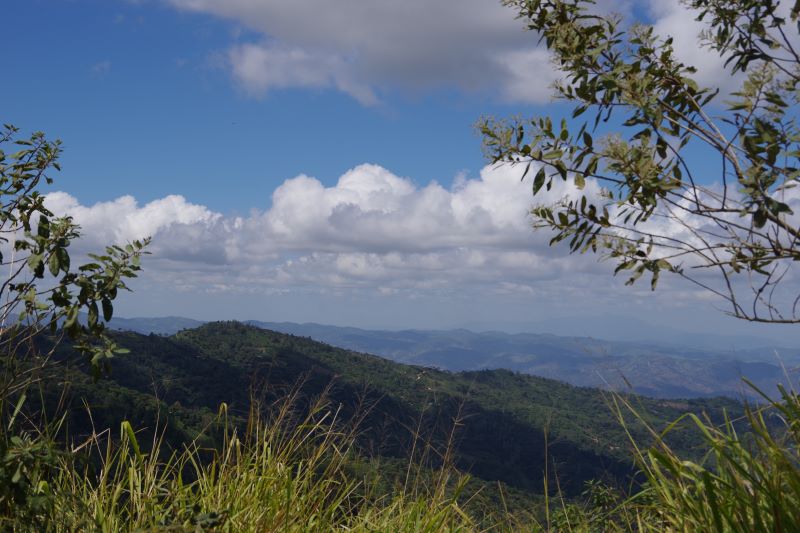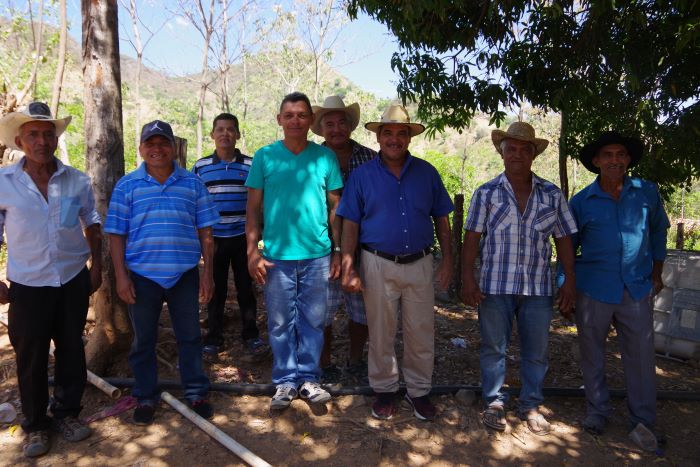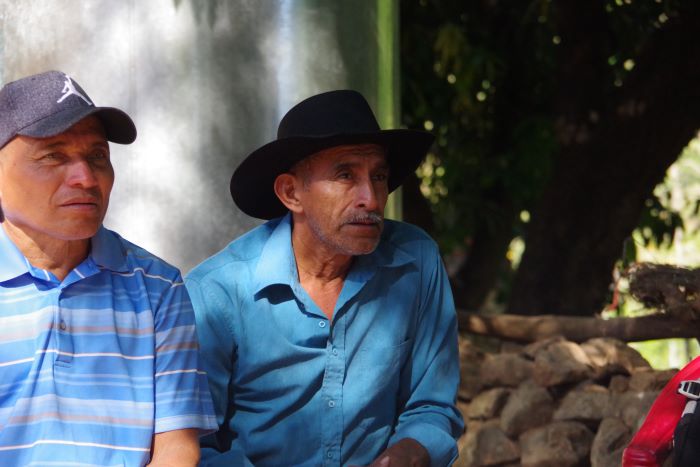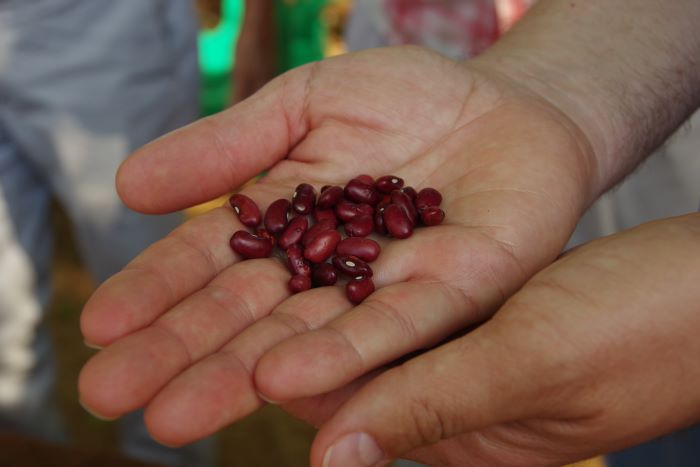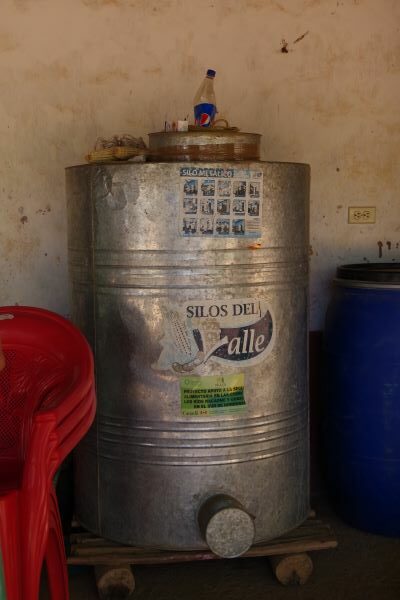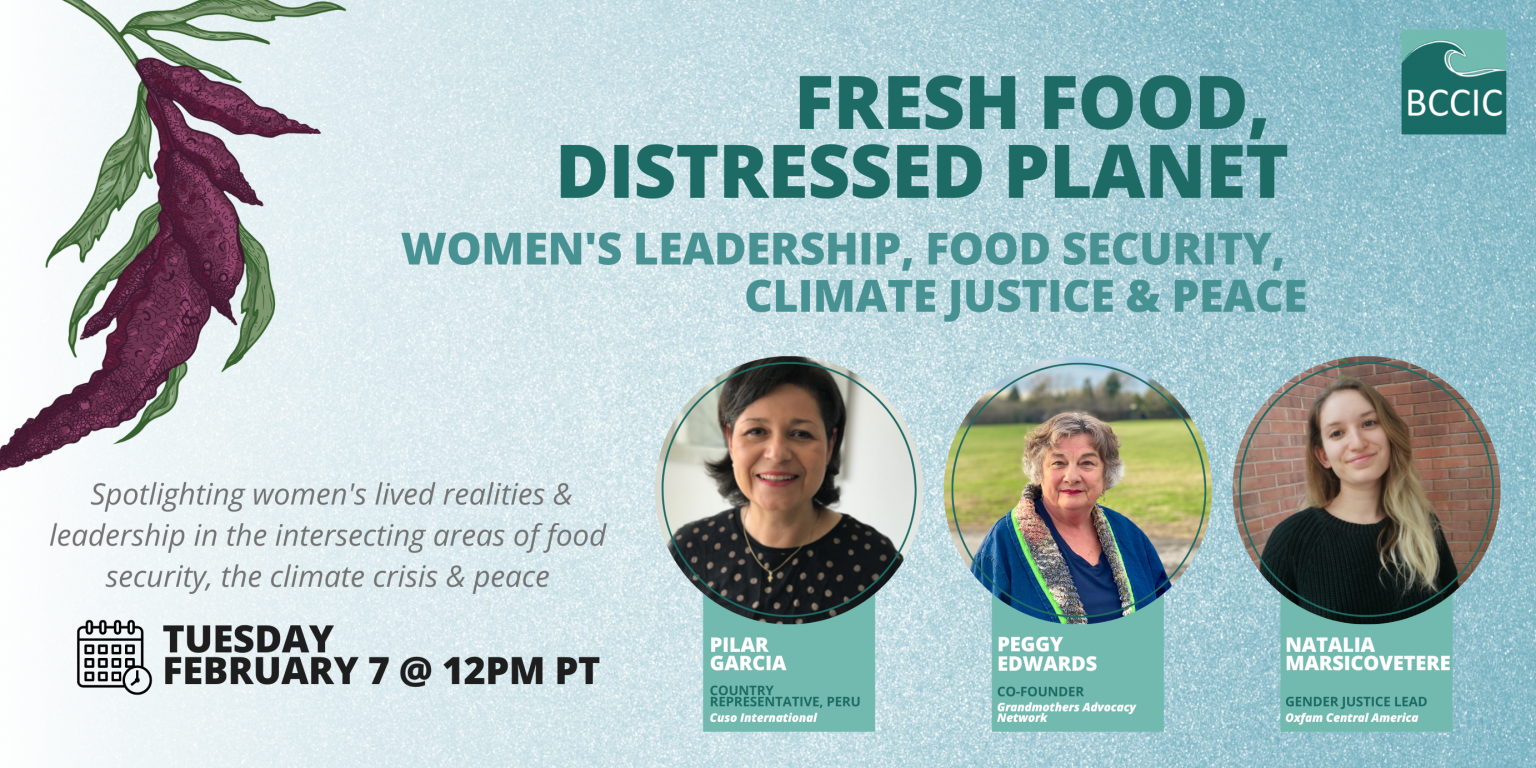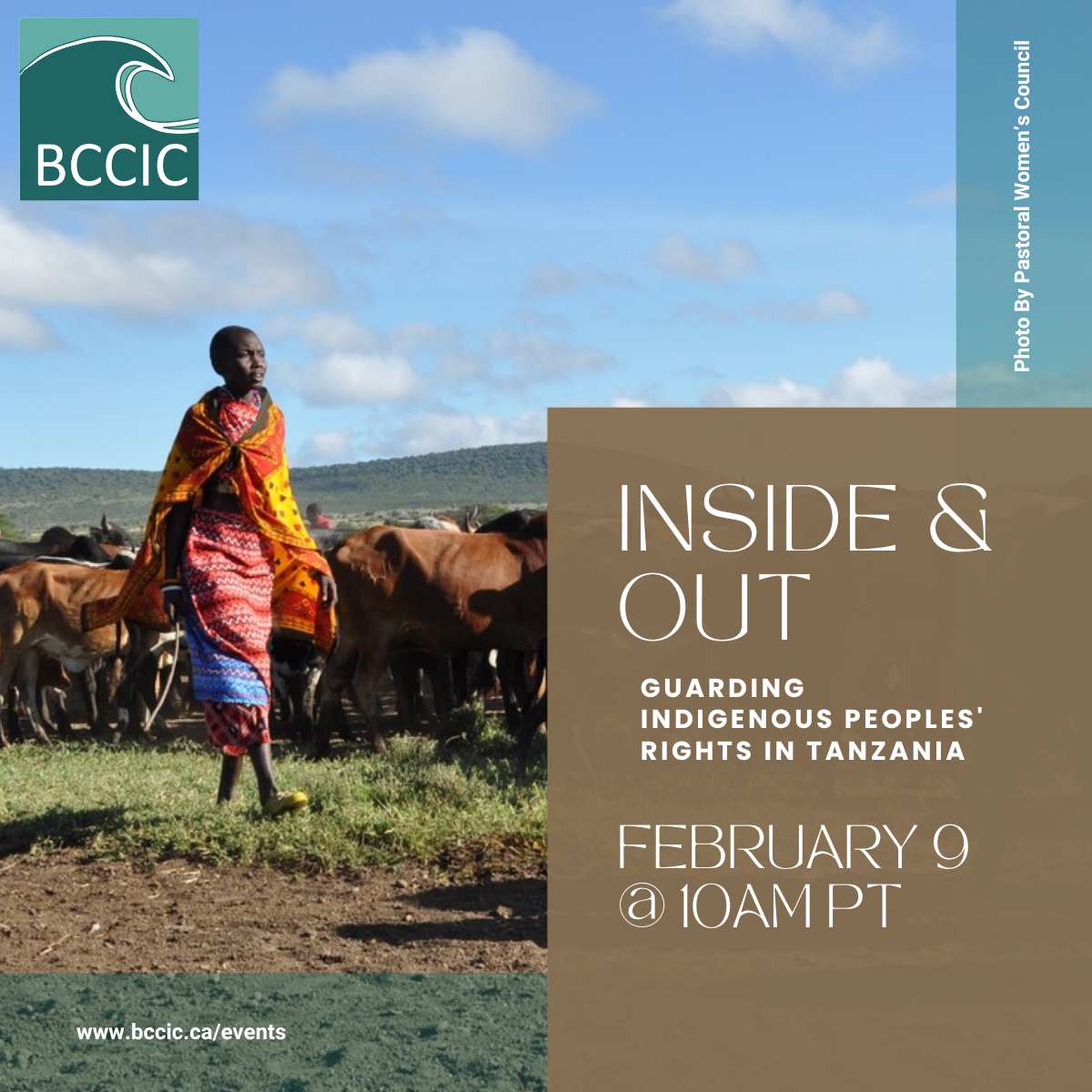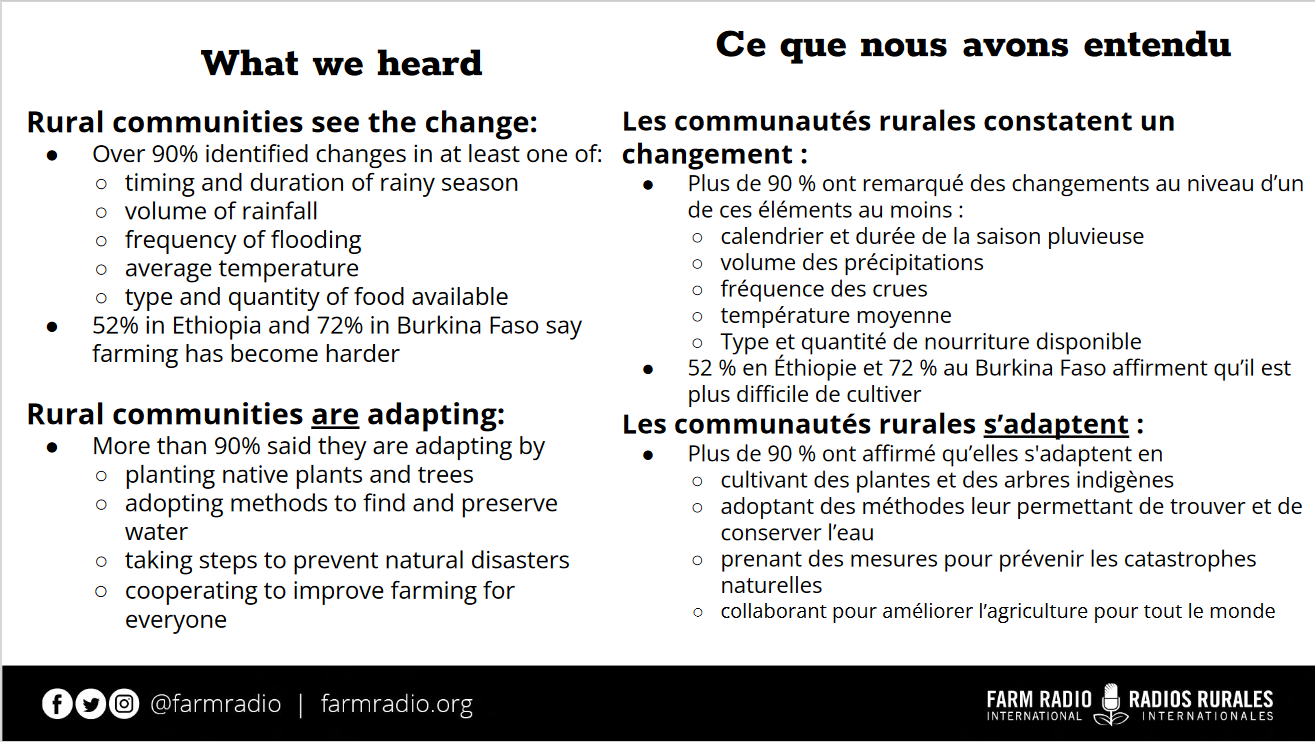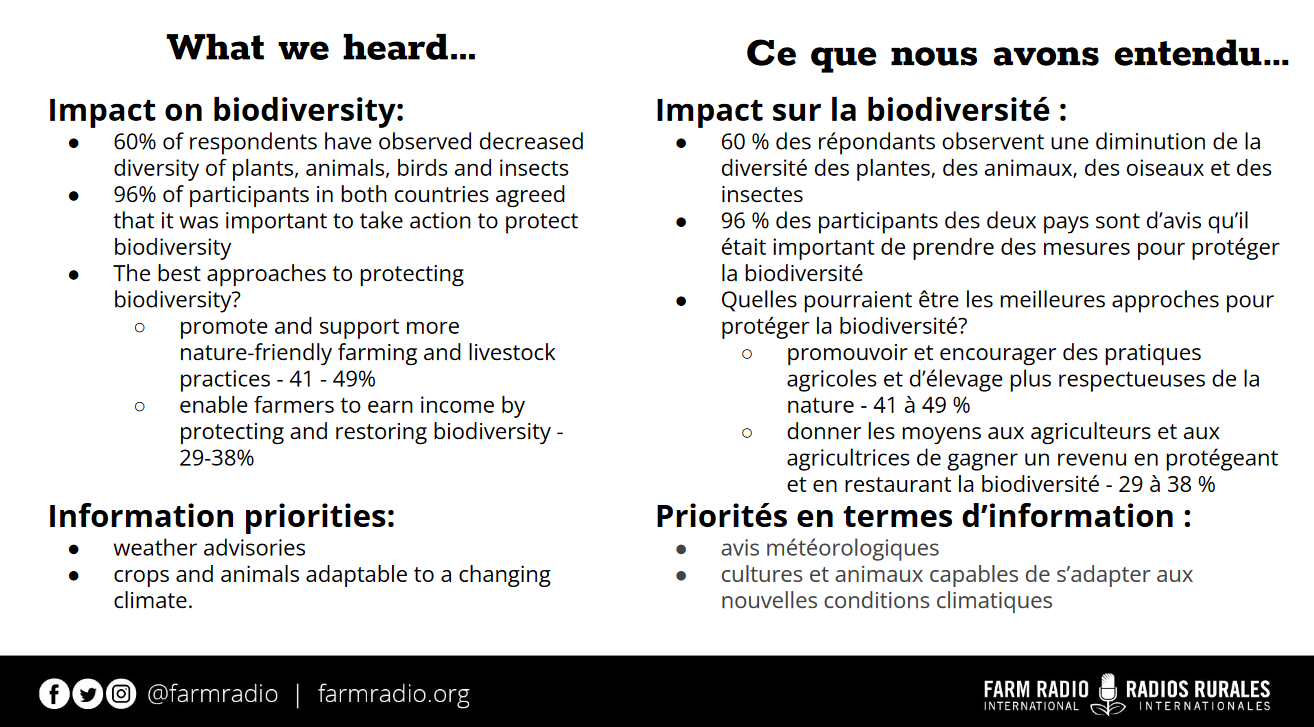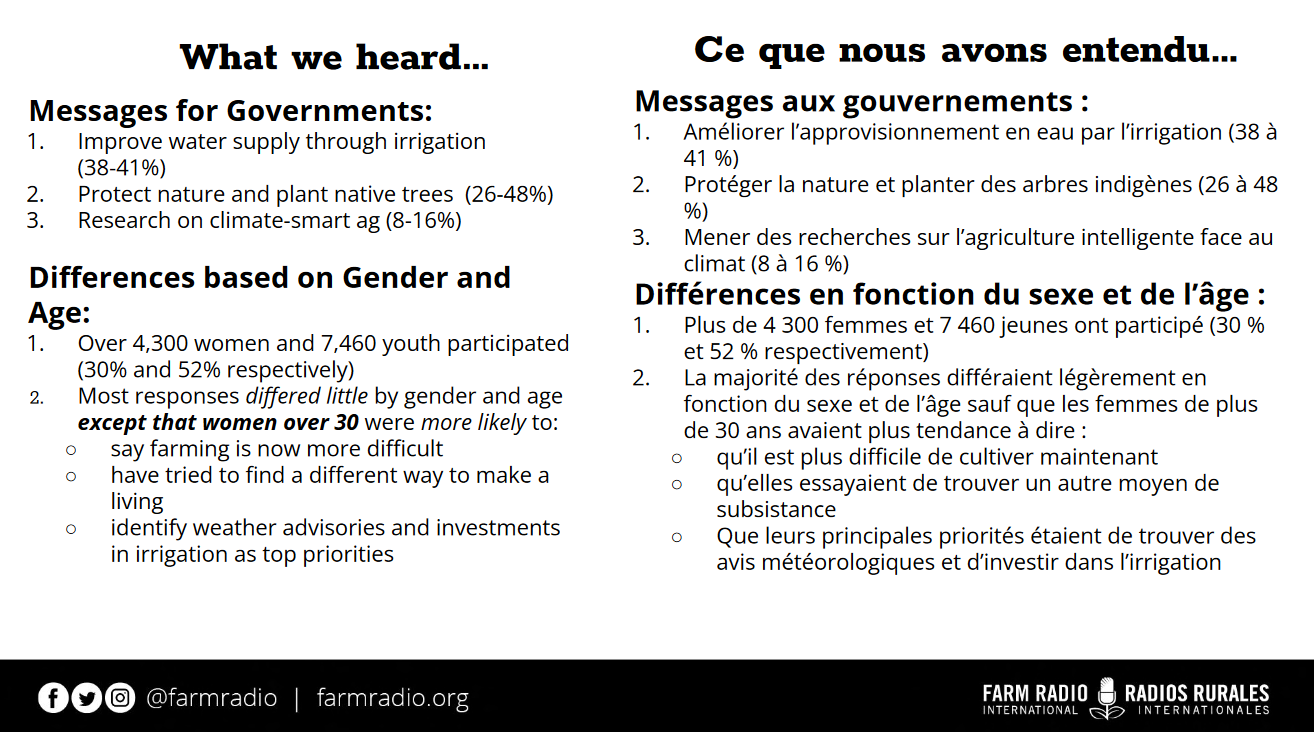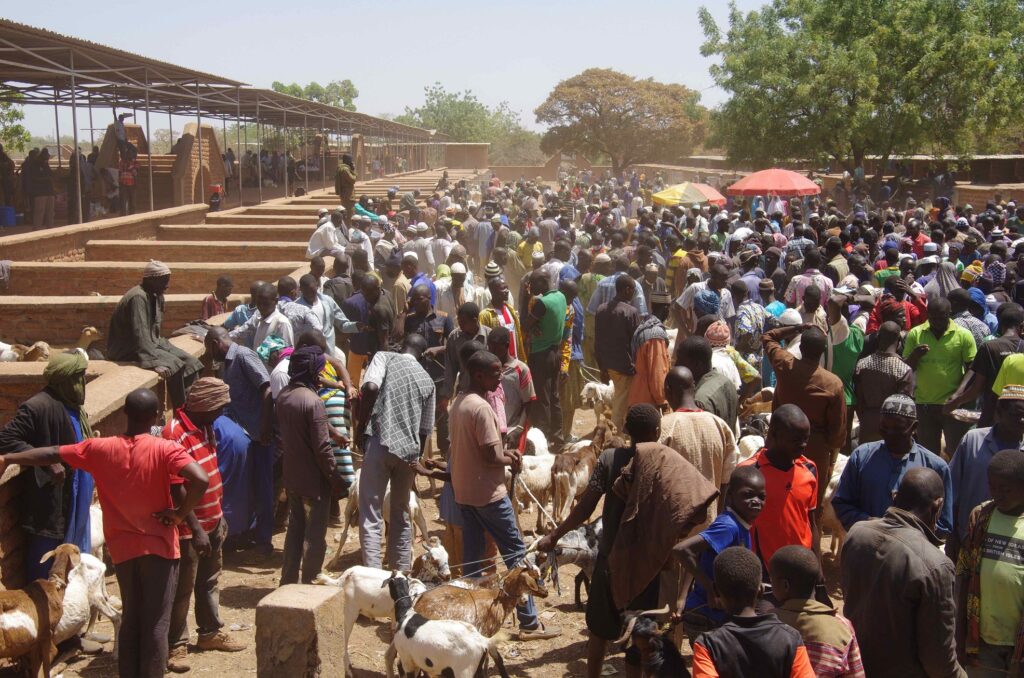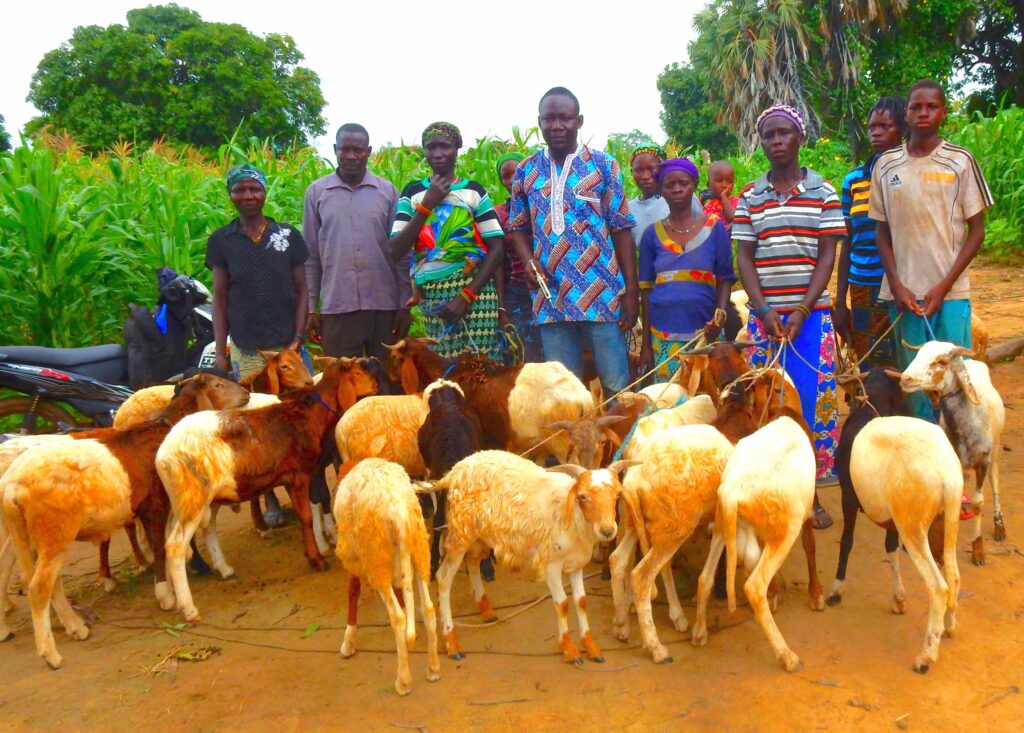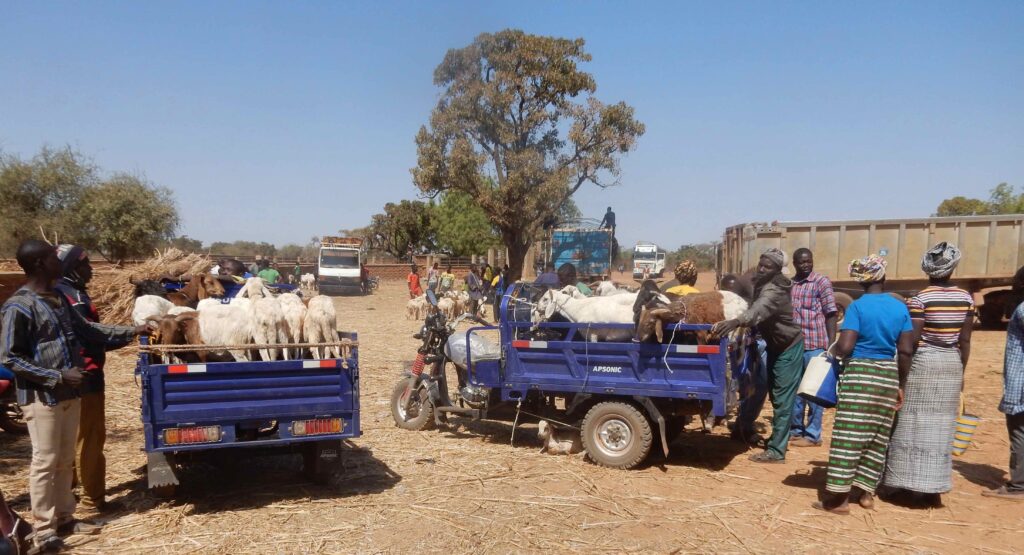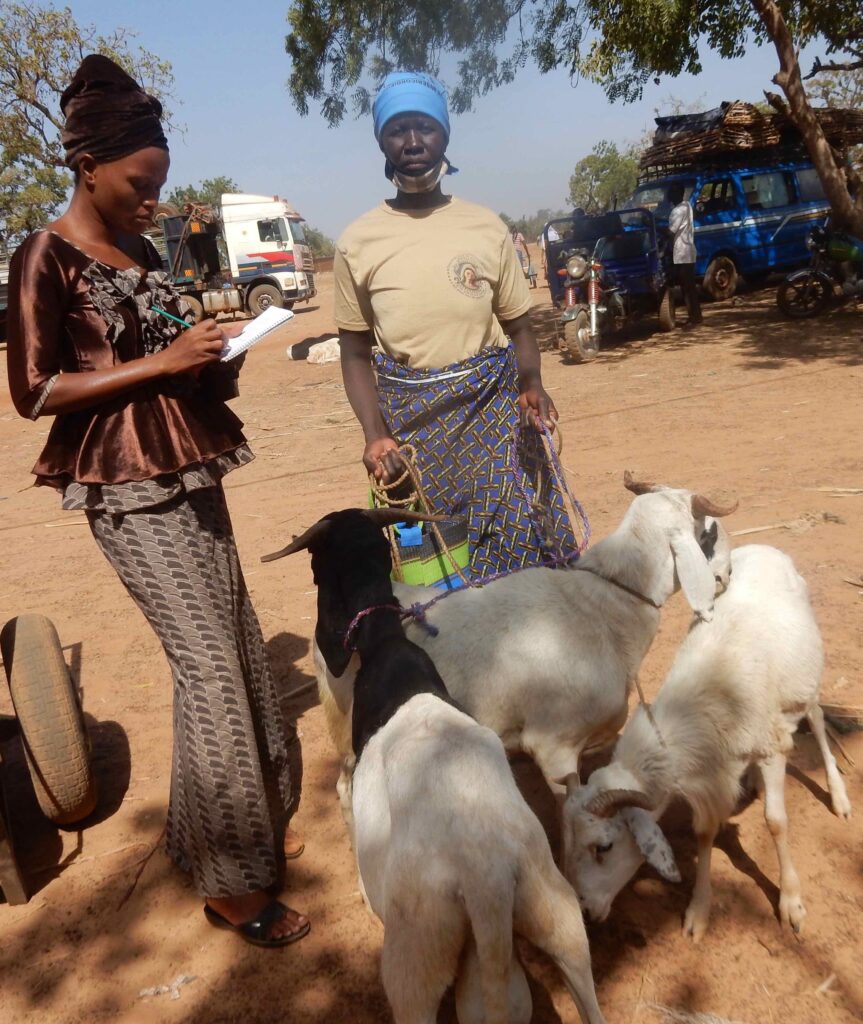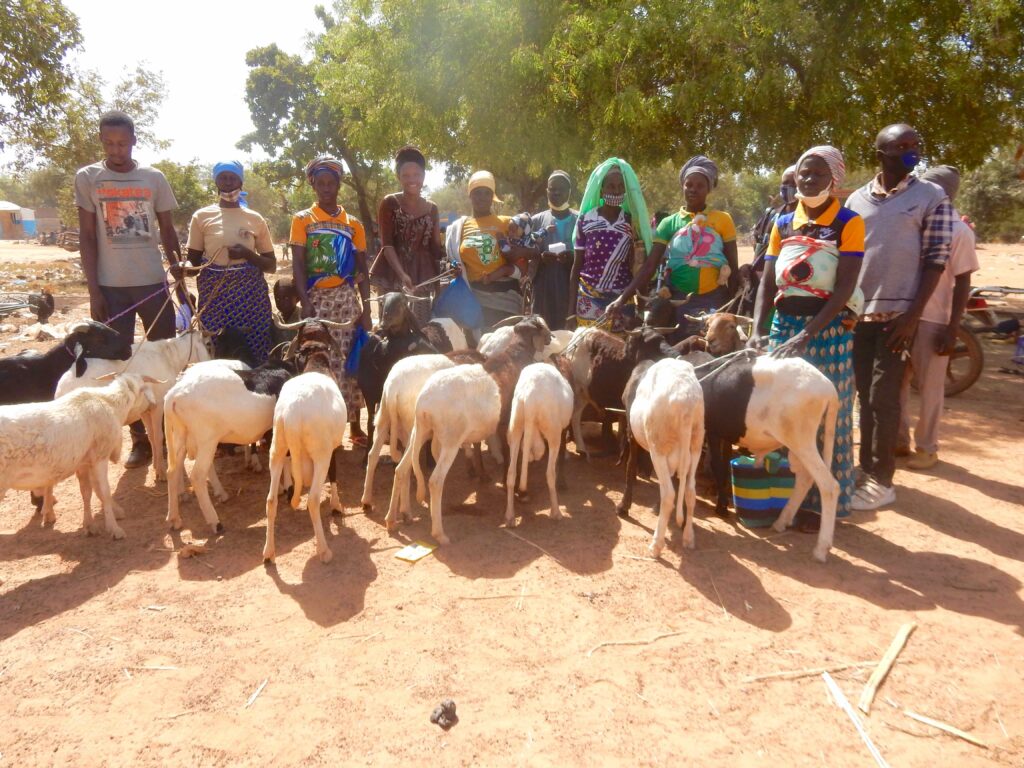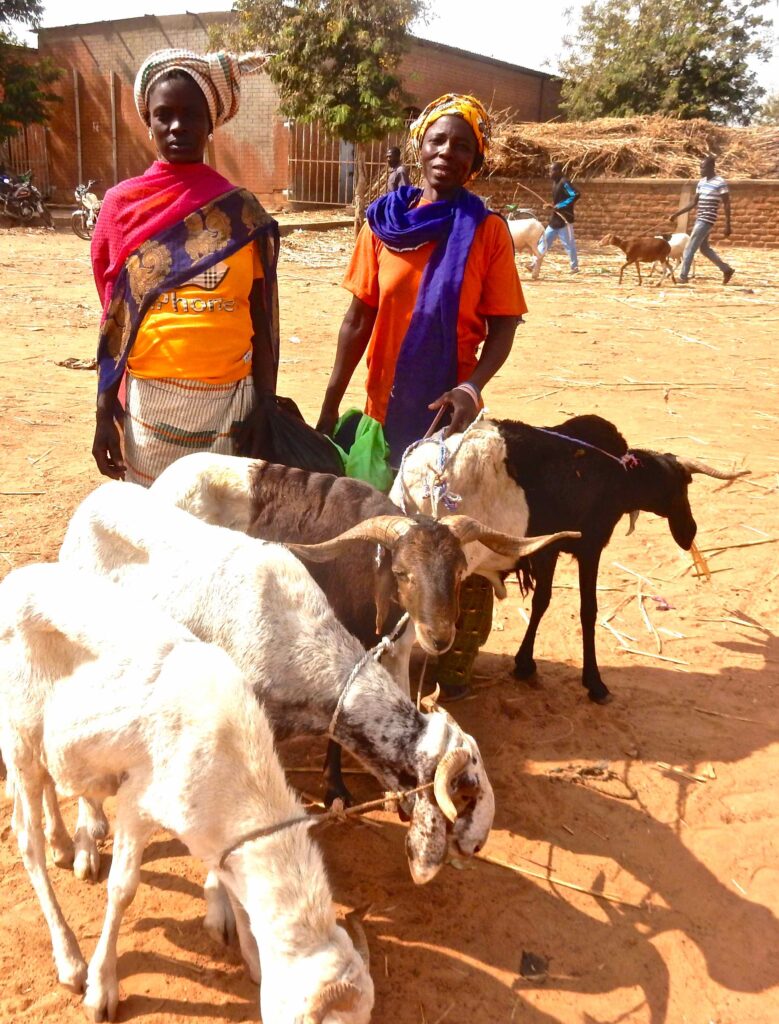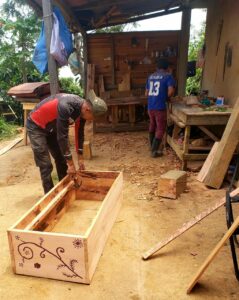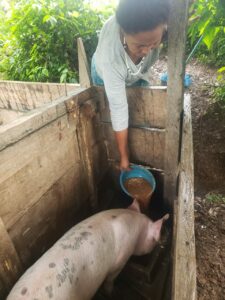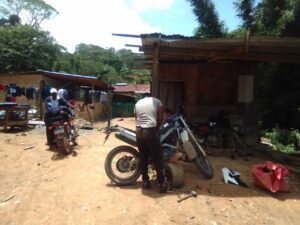World Neighbours Canada is very pleased to welcome Lydia Tapsoba, who will be visiting BC to present information about an innovative project done by APDC, the local partner of World Neighbours Canada in Burkina Faso. Judy Gray, a director with World Neighbours Canada, will travel with Lydia and assist with translation when necessary.
Kamloops: Monday, September 25:
- Private presentation: International Politics class at Thompson Rivers University
- Public presentation: Plura Hills United Church
- 7:00 pm
- 2090 Pacific Way, Kamloops
Kamloops: Tuesday, September 26:
- Private presentation: SKSS French Immersion classes
- Private presentation: McGowan Park Elementary
- Private presentation: WNC donors / interested community members
Kamloops/Vernon: Wednesday, September 27:
- Private presentation: Probus group (Kamloops)
- Private presentation: Okanagan University College International Development class
- Public presentation:
- 6:30 pm at the Vernon Library
- 2800 30th Ave, Vernon
Oliver: Friday, September 29:
- Public presentation: Oliver Curling Club
- 10:00 am
- Oliver Curling Club Lounge
- Private presentation: SOSS Social Justice class.
- Private presentation: World Neighbours Canada AGM in Abbotsford
Gibsons: Monday, October 2:
- Public presentation: Gibsons Public Market
- 1:30 pm – 3:00 pm
- Coastal Room
- Private presentation: Gibsons Conversational French group
Vancouver: Tuesday, October 3:
- Private presentation: Virtual lecture at UCFV
- Private presentation: Donor’s home
Vancouver: Wednesday, October 4:
- Public presentation: British Columbia Council for International Cooperation (BCCIC) event
- 2:00 – 4:00 pm October 4
- The Post at 750 in Vancouver
- Please register here
Abbotsford: Friday, October 6:
- Private presentation: Aldergrove Rotary meeting
WHAT IS APDC?
The full name of the partner organization is Association d’Appui à la Promotion du Développement durable des Communautés défavorisés. It is a small rural development organization in eastern Burkina Faso that World Neighbours Canada has supported, in a variety of ways, since 2009.
WHAT IS THE PURPOSE OF THE PRESENTATION?
Lydia will be presenting information and results of a 15-month experimental project that APDC undertook in 2021- 2022. The project was funded by a grant World Neighbours Canada obtained from the Fund for Innovation and Transformation (FIT). FIT is a program funded by Global Affairs Canada. After project completion, FIT provided additional funding to allow World Neighbours Canada to share the results of the project with Canadians, and also with other villages in Burkina Faso. We are thrilled that Lydia is able to come to Canada to speak about the project and introduce a video created by APDC.
WHO IS LYDIA TAPSOBA?
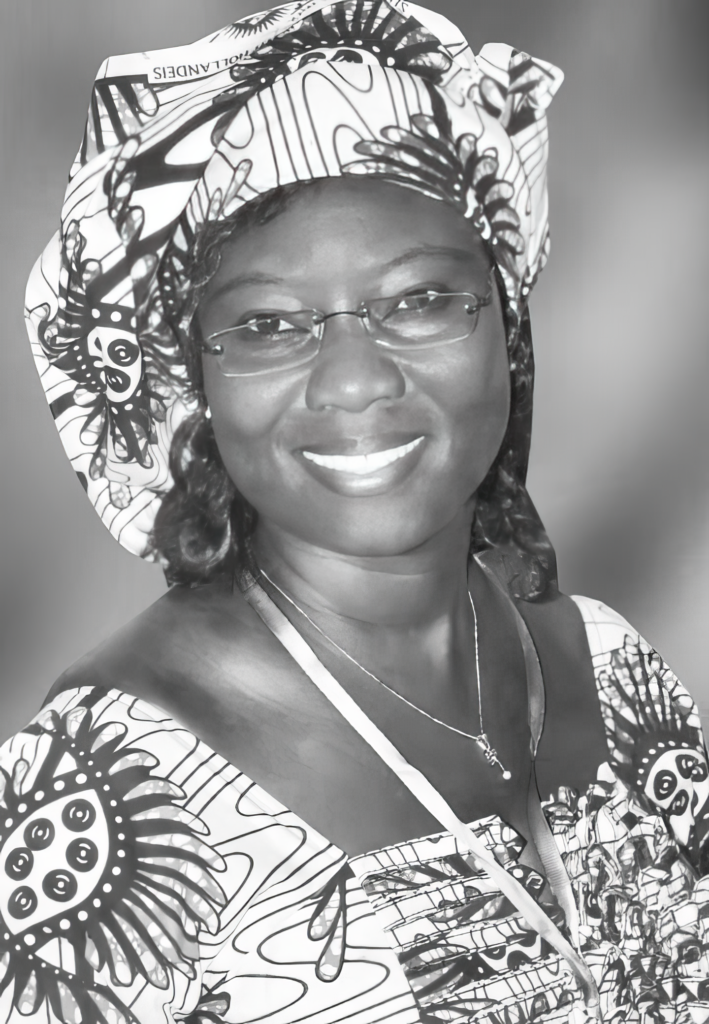 Lydia has worked with APDC when needed since 2007, as their Gender Consultant. For the FIT project, she supported APDC and provided the staff with information to lead gender training workshops for the beneficiary women and their families. She led focus groups and designed surveys during the project to help better understand the gender equality situation in the area. Lydia lives in the capital, Ouagadougou, but has visited the project area many times and has first-hand knowledge of the challenges faced by rural women in the area and throughout Burkina Faso.
Lydia has worked with APDC when needed since 2007, as their Gender Consultant. For the FIT project, she supported APDC and provided the staff with information to lead gender training workshops for the beneficiary women and their families. She led focus groups and designed surveys during the project to help better understand the gender equality situation in the area. Lydia lives in the capital, Ouagadougou, but has visited the project area many times and has first-hand knowledge of the challenges faced by rural women in the area and throughout Burkina Faso.
WHAT WAS THE EXPERIMENTAL PROJECT?
Following discussions with women in the rural Eastern region of Burkina Faso, APDC implemented activities with 110 women to allow each woman to set up and manage a household sheep-fattening enterprise. APDC provided training in basic bookkeeping, techniques in the care of the animals, how to choose an animal at the local livestock market, and entrepreneurial training – the traits of a successful businessperson.
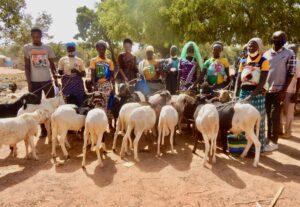 A key element of the project was engaging family members, and their embrace of the project was one of the highlights. Following the short video, Lydia will participate in a facilitated discussion about the challenges and potential of economic empowerment of women farmers in a region affected by an increasingly unpredictable climate and frequent attacks by terrorists. Discussion after the video can focus on any of the following topics:
A key element of the project was engaging family members, and their embrace of the project was one of the highlights. Following the short video, Lydia will participate in a facilitated discussion about the challenges and potential of economic empowerment of women farmers in a region affected by an increasingly unpredictable climate and frequent attacks by terrorists. Discussion after the video can focus on any of the following topics:
- empowering women to lead small family-run businesses
- how men and youth are being included in projects that focus on women
- why sheep fattening activities are important in the rural economy
- approaches to alleviation of poverty in rural Burkina Faso
- the effects of climate change in this region of the Sahel
- the challenges of working in a region with a severe risk of terrorist attacks
For more information, contact Judy Gray at judyworldneighbours@gmail.com.

